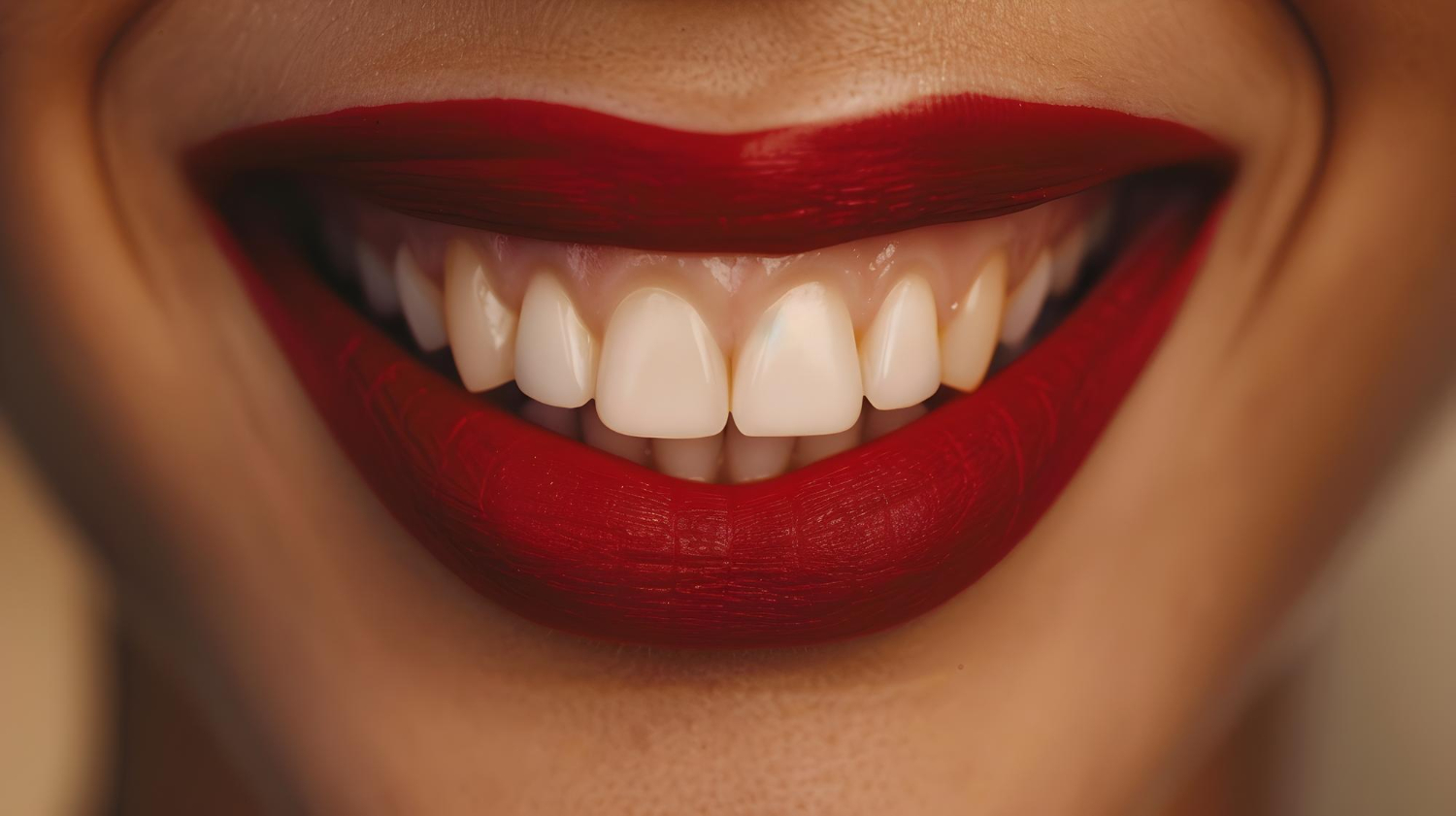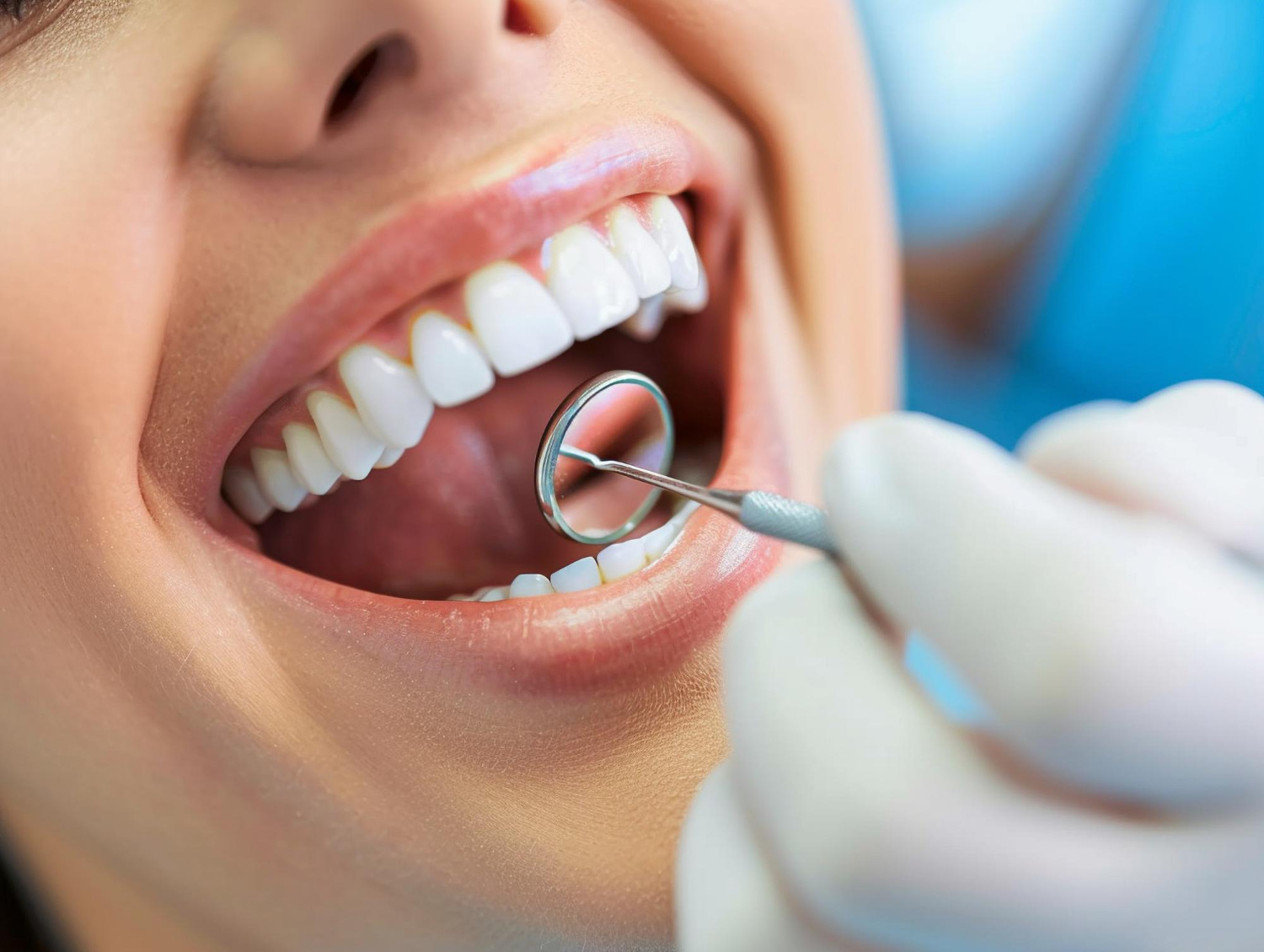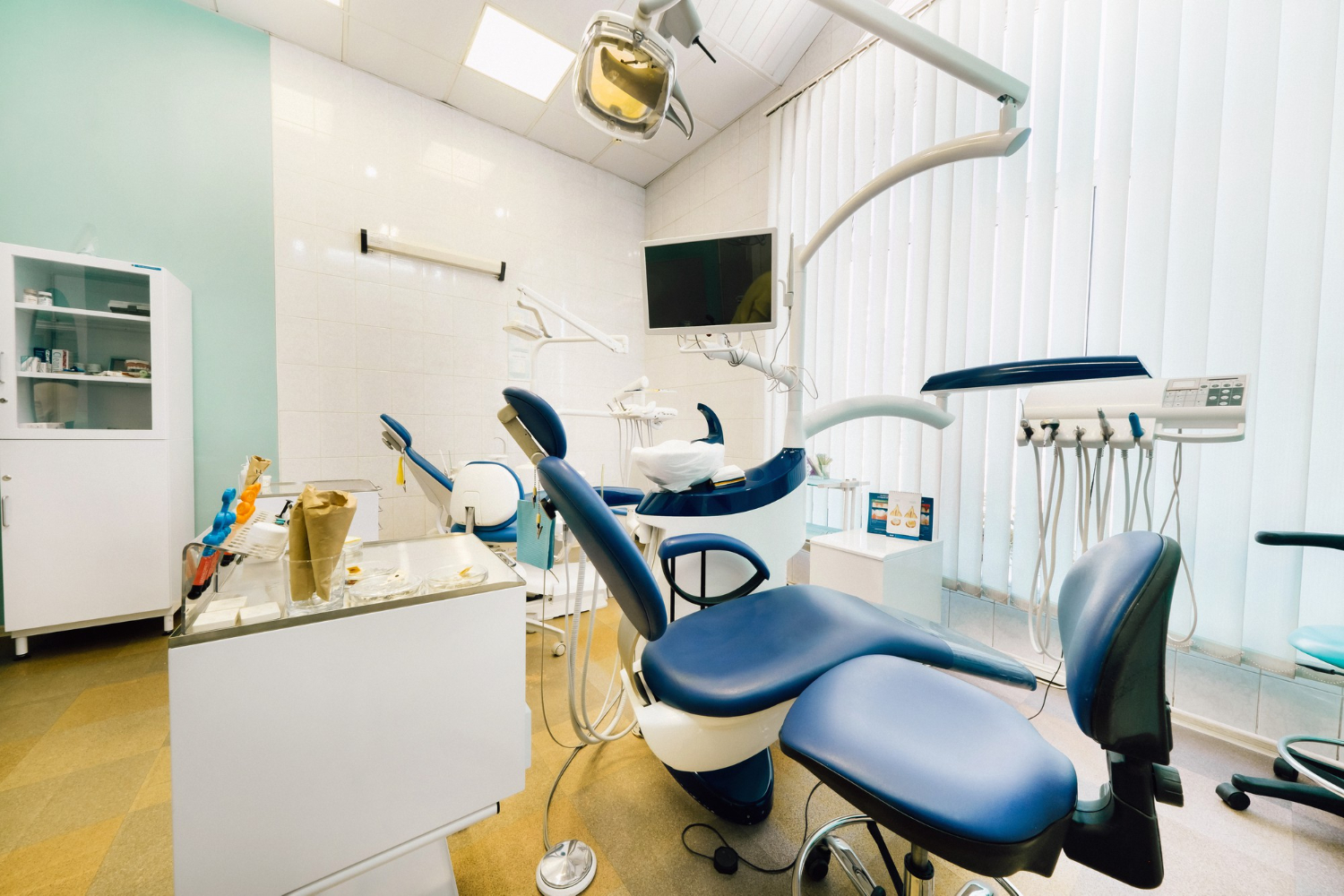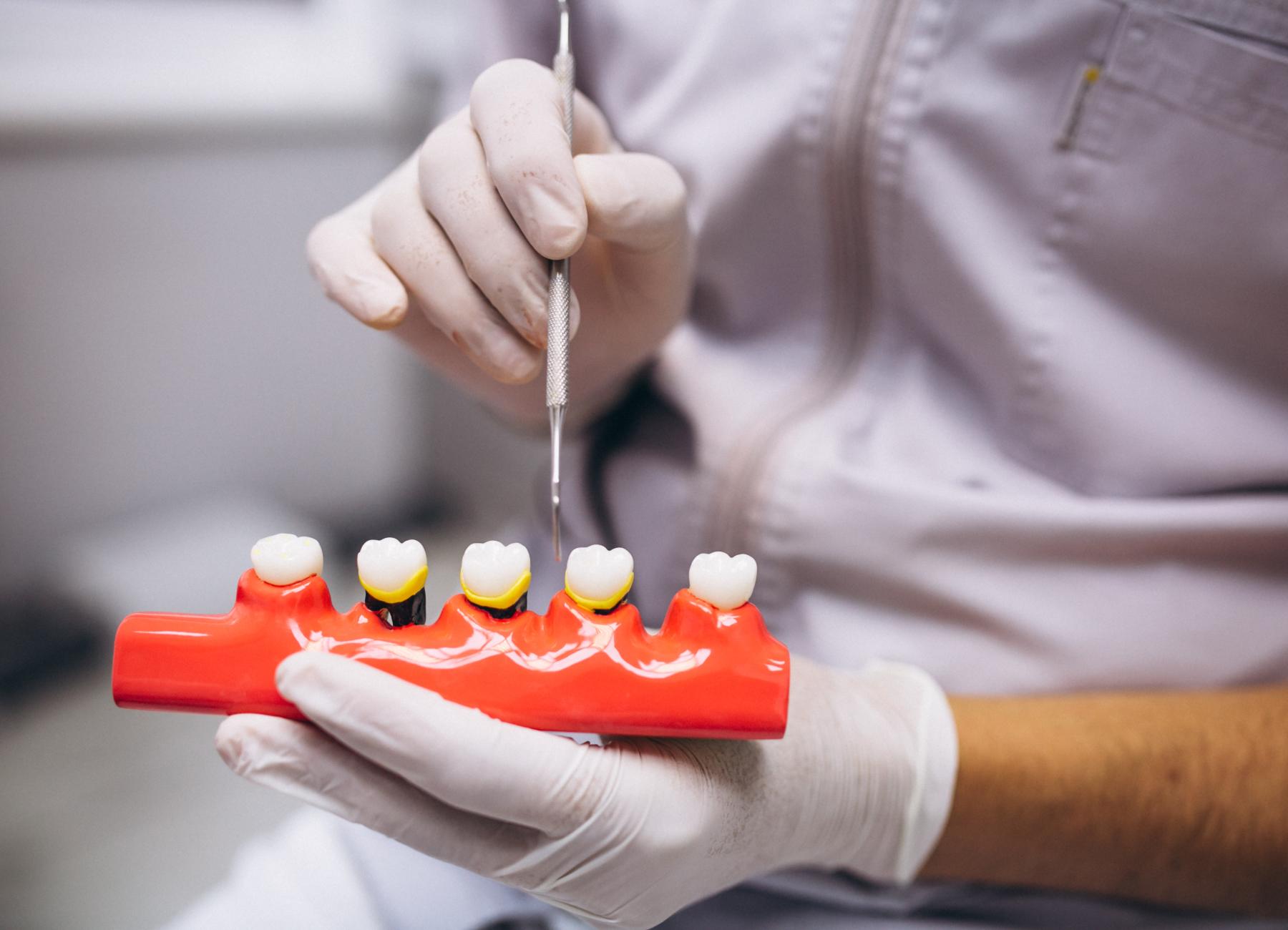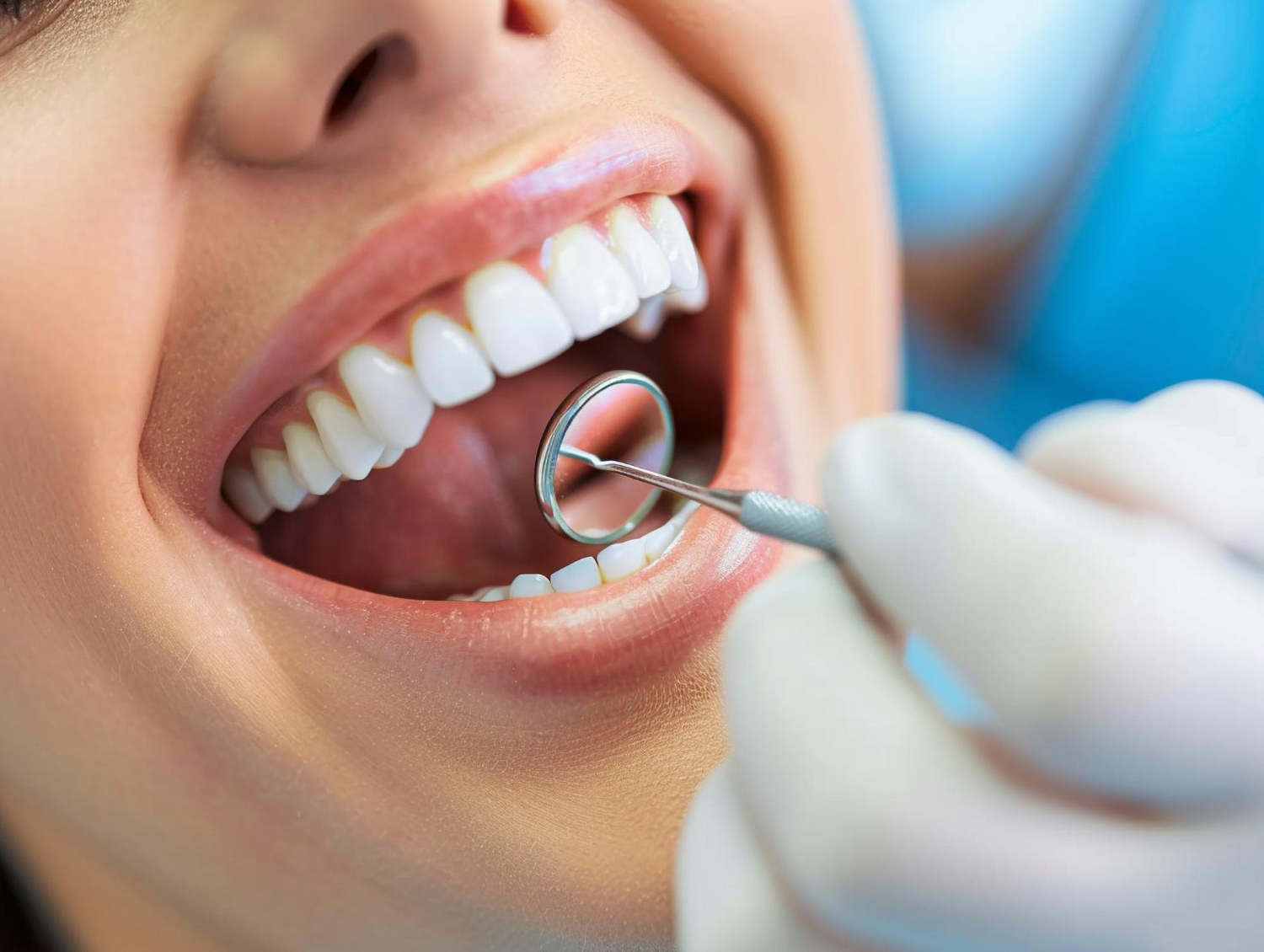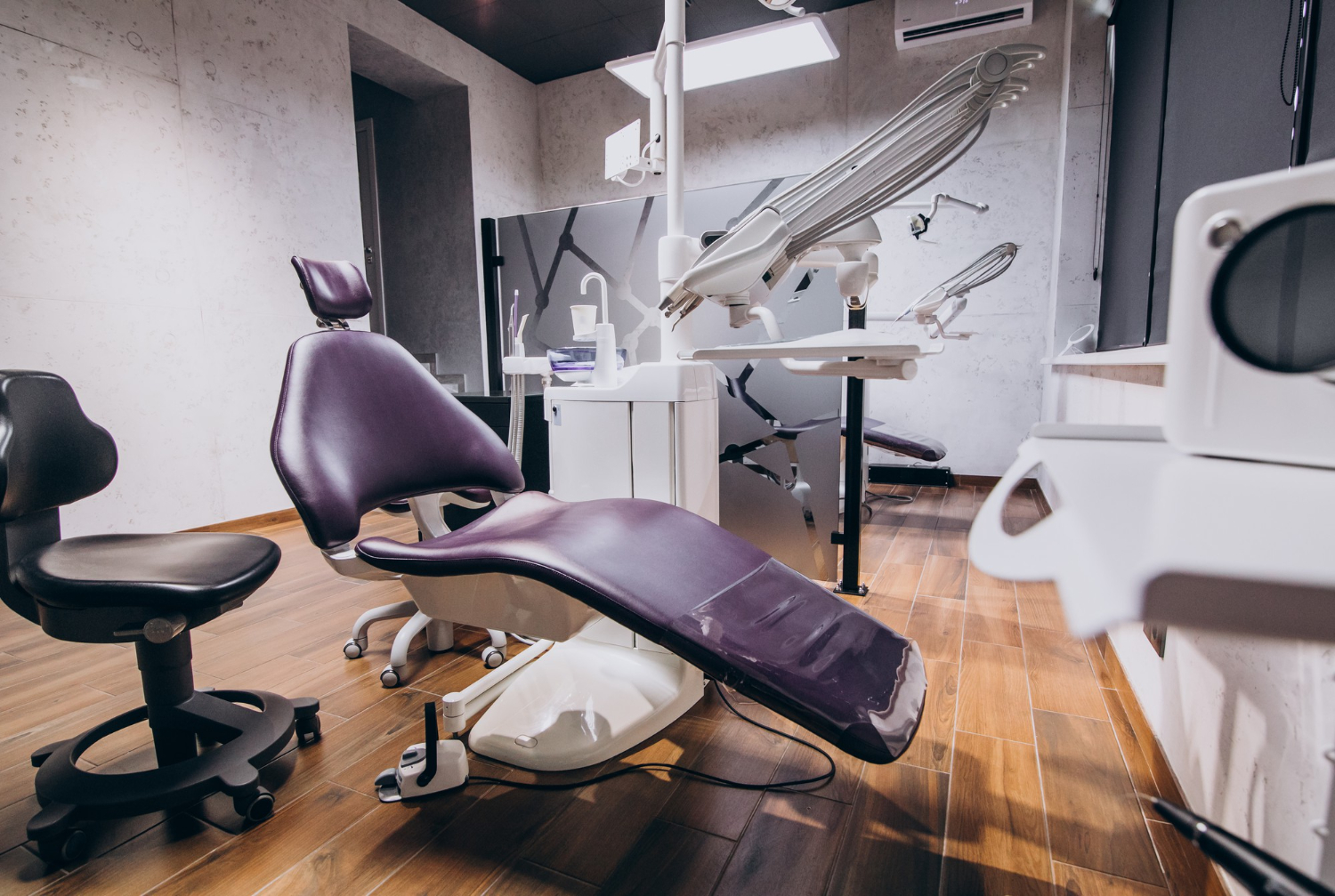Healthy gums build the foundation for a strong smile, yet many people don’t realize how silently gum disease can advance. Regular brushing and flossing help, but they often aren’t enough to protect against plaque hidden below the surface. That’s why scaling and root planing continue to be vital for long-term periodontal health in Port Coquitlam.
Removing Deep Plaque Deposits That Daily Brushing Cannot Reach
Toothbrushes and floss are effective on the visible surfaces of teeth, but bacteria often slip below the gumline where they stay unnoticed. Over time, these deposits harden into tartar, creating an environment for gum disease to thrive. Scaling goes beyond what home care can handle, targeting the deep pockets where harmful buildup hides.
Dental professionals use specialized tools to carefully remove these deposits without harming the surrounding tissue. This thorough cleaning interrupts the cycle of bacterial growth, which helps keep gums firm and teeth well-supported. Patients who undergo this treatment often find their mouths feel cleaner in ways daily brushing never achieves.
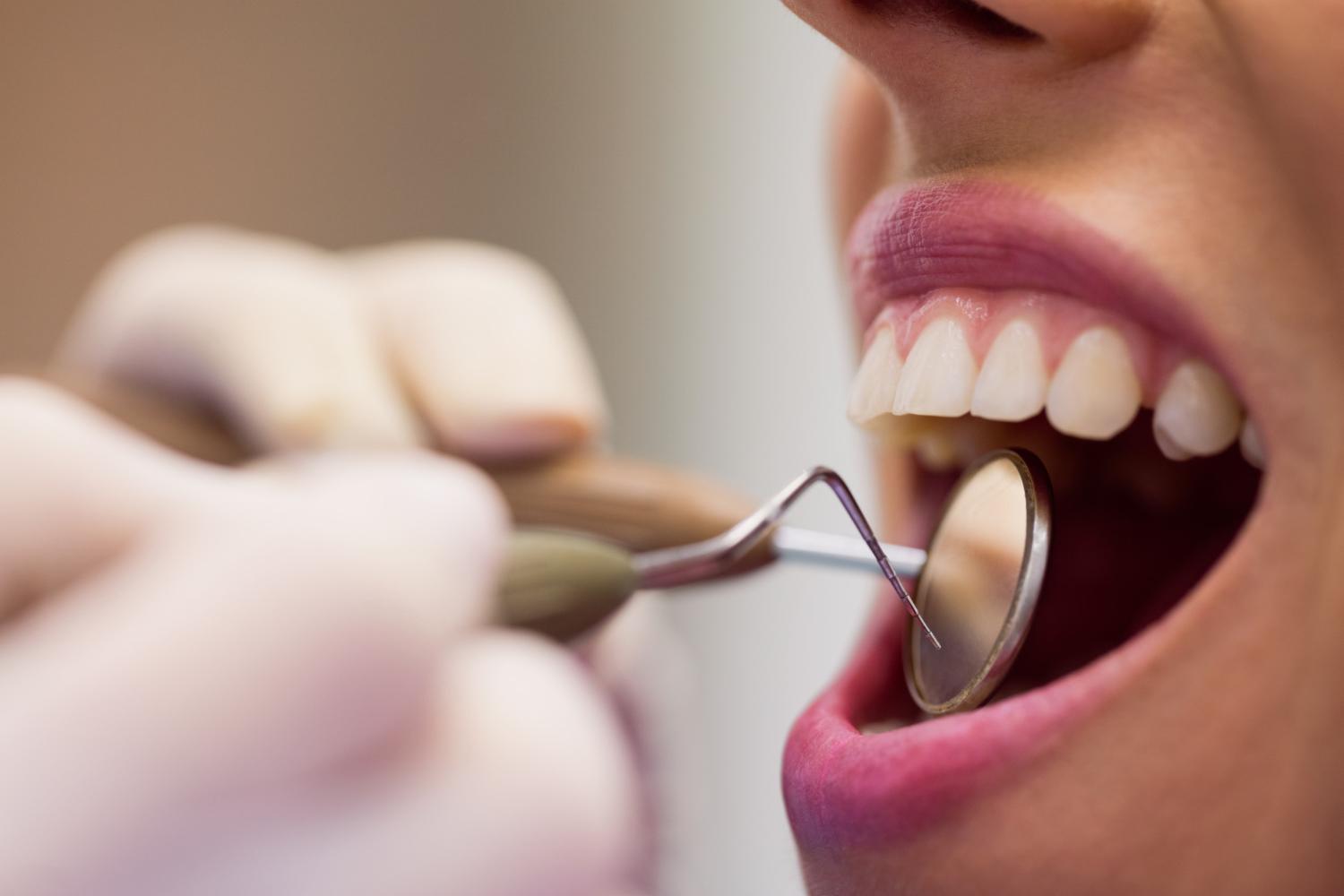
Restoring Gum Tissue Health Through Thorough Cleaning Below the Surface
Gums under attack from plaque and tartar begin to recede, exposing sensitive root surfaces. Root planing smooths those rough root areas, preventing bacteria from clinging and giving gum tissue a chance to heal. This process helps the gums reattach more securely, reducing the depth of periodontal pockets.
With gum tissue restored, teeth gain more natural protection. The risk of further irritation decreases, and patients notice less bleeding during brushing. For many, this feels like a reset button that allows healthier habits to take root, supported by cleaner and stronger gum tissue.
Slowing the Progression of Periodontal Disease with Consistent Care
Periodontal disease doesn’t stop on its own; it slowly advances if left untreated. Scaling and root planing halt this progress by disrupting bacterial colonies beneath the gums. Each session reduces the chance of infection spreading deeper into tissues and bone.
Regular care schedules reinforce this protection. By following through with consistent periodontal visits, patients in Port Coquitlam give themselves a better chance of avoiding the advanced stages of gum disease that often require surgery or lead to tooth loss.
Reducing Inflammation That Causes Discomfort and Swelling
Gum inflammation often starts small, but it quickly leads to discomfort, swelling, and bleeding. Scaling and root planing target the source of this inflammation by eliminating the bacteria and toxins that trigger the immune system’s response.
After treatment, many patients notice their gums look less red and feel less tender. This improvement makes it easier to maintain a regular oral hygiene routine without pain. Over time, reduced inflammation lowers the body’s stress load, since gum infections can tax the immune system if left unresolved.

Supporting Bone Stability Around Natural Teeth with Preventive Treatment
The bone that supports teeth can weaken when bacteria are left unchecked. Scaling and root planing reduce the bacterial load around tooth roots, protecting the bone from further damage. With fewer harmful microbes present, the body can focus on repairing itself rather than fighting constant infection.
Bone stability plays a key role in keeping natural teeth in place. Preventive treatments like these ensure that the foundation supporting each tooth stays strong, allowing patients to keep their natural smiles longer. This proactive approach is far less invasive than dealing with advanced bone loss later on.
Improving Breath Freshness by Targeting Hidden Bacteria
Bad breath often lingers despite brushing, because bacteria thrive below the gums where toothbrush bristles can’t reach. These bacteria release sulfur compounds, which cause unpleasant odors. Scaling and root planing remove the hidden source of these smells, offering longer-lasting freshness.
Patients who undergo treatment frequently notice that their breath feels cleaner, even hours after eating or drinking. This boost in confidence makes everyday conversations and social interactions more comfortable, reinforcing how oral health impacts overall quality of life.
Lowering Risks of Tooth Loss Linked to Untreated Gum Disease
Untreated periodontal disease weakens the structures that hold teeth firmly in place. As gums recede and bone deteriorates, teeth loosen and eventually fall out. Scaling and root planing directly address the conditions that cause this progression, lowering the risk of premature tooth loss.
By protecting the natural support system, patients preserve their ability to chew comfortably and smile confidently. This preventive care is especially important since replacing lost teeth with implants or dentures can be far more costly and complex.

Maintaining Long Term Oral Health Through Regular Periodontal Visits
Oral health isn’t a one-time achievement—it requires regular upkeep. Scaling and root planing, followed by scheduled periodontal visits, build a cycle of prevention that benefits patients for years. These visits allow professionals to monitor gum health, catch early signs of relapse, and provide maintenance cleanings that stop disease from returning.
Patients who commit to consistent care often enjoy fewer dental emergencies and less invasive treatments overall. This not only protects oral health but also saves time and resources in the long run. It shows how preventive care remains one of the smartest investments in personal health.
Enhancing Overall Wellness by Addressing Chronic Gum Infections
Chronic gum infections don’t stay confined to the mouth. Research has linked periodontal disease to systemic conditions such as heart disease, diabetes, and respiratory issues. By eliminating harmful bacteria through scaling and root planing, patients reduce one source of ongoing inflammation in the body.
Better gum health supports better overall wellness. Many patients feel more energetic and notice improvements in how their body responds to illness when oral infections are under control. This highlights how periodontal care contributes to both a healthier smile and a healthier body.
Discover How Smiling Creek Dental Delivers Comprehensive Periodontal Care for Stronger Gums, Brighter Smiles, and Lasting Health
Scaling and root planing give patients in Port Coquitlam the chance to restore and protect their gum health before problems become irreversible. At Smiling Creek Dental, patients receive more than routine treatment—they experience a personalized approach to periodontal care designed to restore comfort, protect natural teeth, and support overall wellness. Our team understands that gum health directly impacts not just a smile but also long-term quality of life, which is why every scaling and root planing procedure is tailored to the individual’s unique needs.
By focusing on thorough cleaning, preventive strategies, and ongoing support, Smiling Creek Dental helps patients in Port Coquitlam stop gum disease before it advances while promoting fresher breath, stronger bone support, and healthier gums. With a commitment to modern techniques and compassionate care, this clinic makes it possible to maintain confidence in your smile while also protecting the health of your entire body. Contact us today at Smiling Creek Dental to take the first step toward periodontal care that truly makes a difference.

